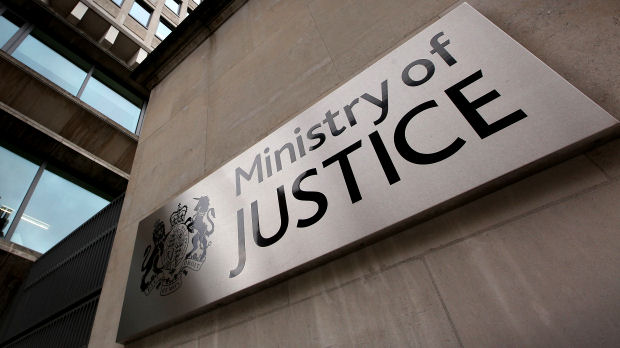By Gabriel Princewill-
Future court closures will be based on a principle that takes into account when those attending court can get home.
The Ministry Of Justice has published new proposals to ensure that people who need to go to court should not have to leave their home before 7.30am and should be back by 7.30pm. The initiative comes a year after consulting on a revised strategy and approach to reforming the court and tribunal estate, the Ministry of Justice finally published its response today.The consultation made in January 2018 outlined the three core principles behind the approach.
It was to ensure access to justice, provide value for money for the tax payer, and ensure efficiency in the long term. After receiving over 249 responses to the consultations on the issue, Justice secretary David Gauke said the travel time to and from court generated the largest response, with many deeply concerned about a ‘benchmark that lacked specificity’. The ministry also proposed users should be able to attend court on time and return ‘within a day’.
David Gauke said the new proposals will ultimately lead to the objective of ensuring that justice is delivered. He highlighted the central principles of the judicial system that it must be just, proportionate and accessible to everyone. Gauke also spoke of opportunities offered by the modern world to offer
new, enhanced and more convenient routes to justice.
Justice Secretary: David Gauke
COMMITMENT
Touching on a shared commitment to a £1bn reform programme that will utilise modern technology alongside various mechanism to transform the justice system, he spoke of the pursuit and implementation of novel opportunities to settle disputes. He also cited online or remote
links and technologies which would invariably reduce the need for physical appearances in court buildings, whilst continuing investments in court and tribunal infrastructures.
INNOVATIVE
The set of initiatives proposed are refreshingly innovative, and will go a long way to easing the pressures faced by courts which have for a while seen several cases fail to meet scheduled times of hearings. The ministry will consider whether the ‘overwhelming majority’ of users would be able to leave home no earlier than 7.30am and return by 7.30pm using public transport if necessary. The difficulty of the journey will be considered, including the frequency of public transport and the number of changes required, as well as travel costs.
Under the new scheme soon to be established, start and end times could be varied to facilitate the implementation of the new judicial scheme. The ministry also plans to institute ‘real-world’ travel time assessments with software aggregating real journey times relevant to the appropriate times of day. .
Commenting on today’s report, Gauke said: ‘Our reform programme allows people to start to settle disputes away from the courtroom, while offering opportunities to improve our courts and tribunals. With new technology and modern ways of working, we expect the number of people accessing our courts remotely to increase. We are reviewing the current estate to ensure it is fit for purpose.
‘This report makes sure that access to justice, value for money and efficiency are maintained in the long term and these principles will mean our justice system remains fit for the 21st century.’

